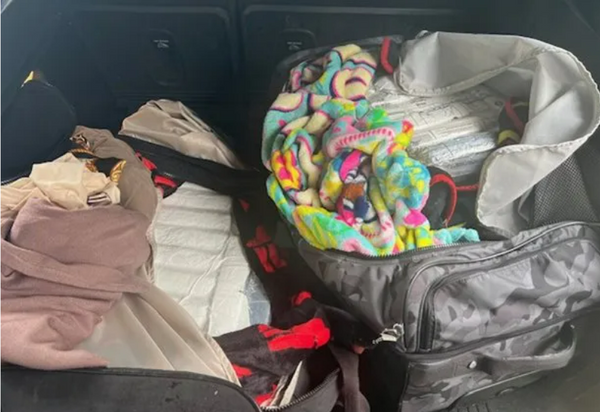With the UK in the midst of a cold snap, many Brits will be cranking up the heating this week. But with the cost of energy bills soaring, it's a decision people will not be making lightly.
Temperatures in some parts of the UK are set to plunge to as low as -10C in the coming days. In order to stay warm without wasting a load of cash, it's important to make sure you're heating your home as efficiently as possible.
Luckily, there are plenty of things you can do to ensure that you're doing just that. Making sure you draught-proof your home by filling in any gaps under the doors or in your windows will ensure you're not necessarily losing heat, while laying down rugs and hanging thick curtains can also help you to stay warm inside the home.
READ MORE: Martin Lewis' word of warning to anybody using air fryers or microwaves instead of ovens
It's also important to make sure you're radiators are working to the best of their ability. When air becomes trapped inside your radiator, it can stop the water from circulating and heating the appliance. Regular bleeds will prevent this by letting the air out, so you need to know when it's time to do so.
There are a couple of different signs that will let you know it's time to bleed your radiator. Firstly, run your hand over your unit – if it’s cool at the top and warmer towards the bottom, it’s time to bleed it.
Another tell-tale sign is if your radiator is making a bubbling or ticking sound. If you hear this sound when the radiator is attempting to heat up, it could be a sign that it's time to bleed your appliance.
According to central heating experts at Toolstation bleeding radiators regularly is crucial this year. They said: “With rising energy prices, many are concerned about heating their homes this winter. Ensuring there’s no air trapped in your radiators will keep your central heating system running efficiently - getting you maximum bang for your buck when the heating is turned on.”
It's an easy job that most people will be able to manage. You will need a small bowl to collect any water in, some old towels to soak up any spillages and a radiator valve key, which can usually be bought for less than £1. According to the Toolstation, there are four steps:
Switch your central heating system off and wait for the radiators to cool down.
Protect the wall and flooring with an old towel, and keep a small bowl or mug and cloth nearby to catch any water.
Twist the radiator valve key anticlockwise one or two times to open the release valve at the top of the radiator, allowing the air to escape.
Once water starts to trickle out instead of air, and the hissing noise is replaced by gurgling, turn the radiator valve key clockwise to close the valve.
There are other things you can do to make sure your heating is running efficiently. Radiators need space to emit heat effectively, so make sure your furniture isn’t too close. Also, if you have radiators fixed to external walls, you could slide a layer of tinfoil between the wall and unit to reflect as much heat as possible back into the room.
READ NEXT:
Argos and Amazon shoppers go wild for £56 oven that costs less than an air fryer to run
Aldi introduces new policy that affects all of its 900+ UK stores
Woman shows simple 39p Aldi tip to remove limescale from a kettle in seconds
Home Bargains shoppers running to order heated airer that costs 7p to run







